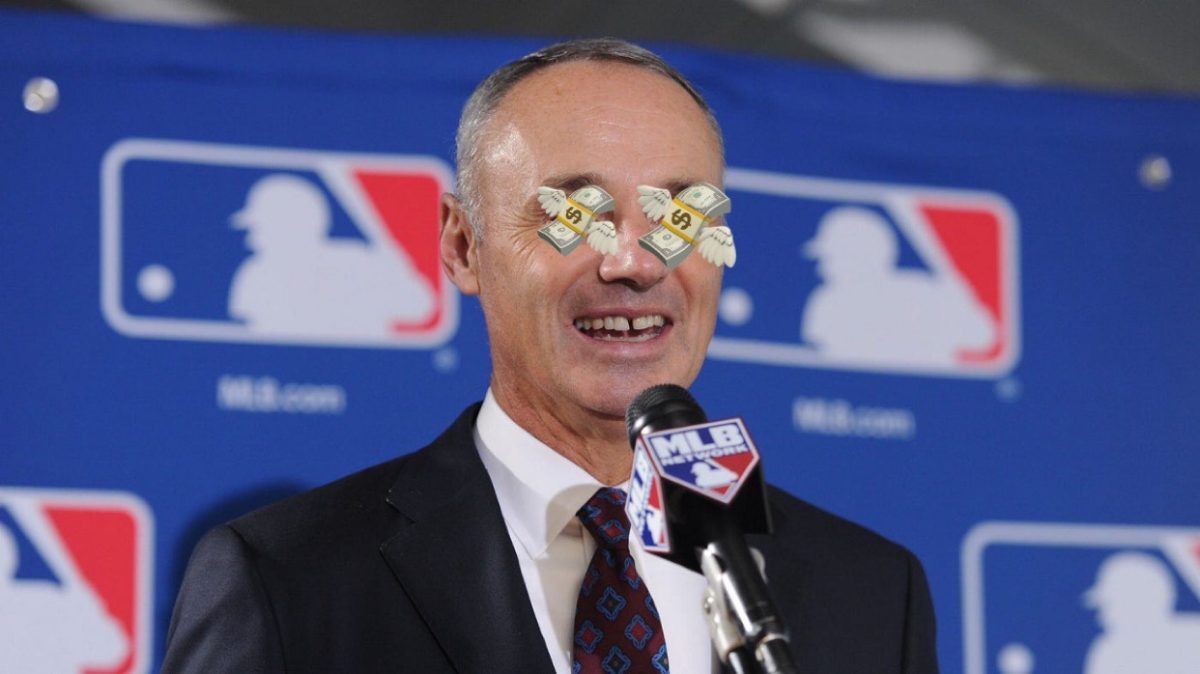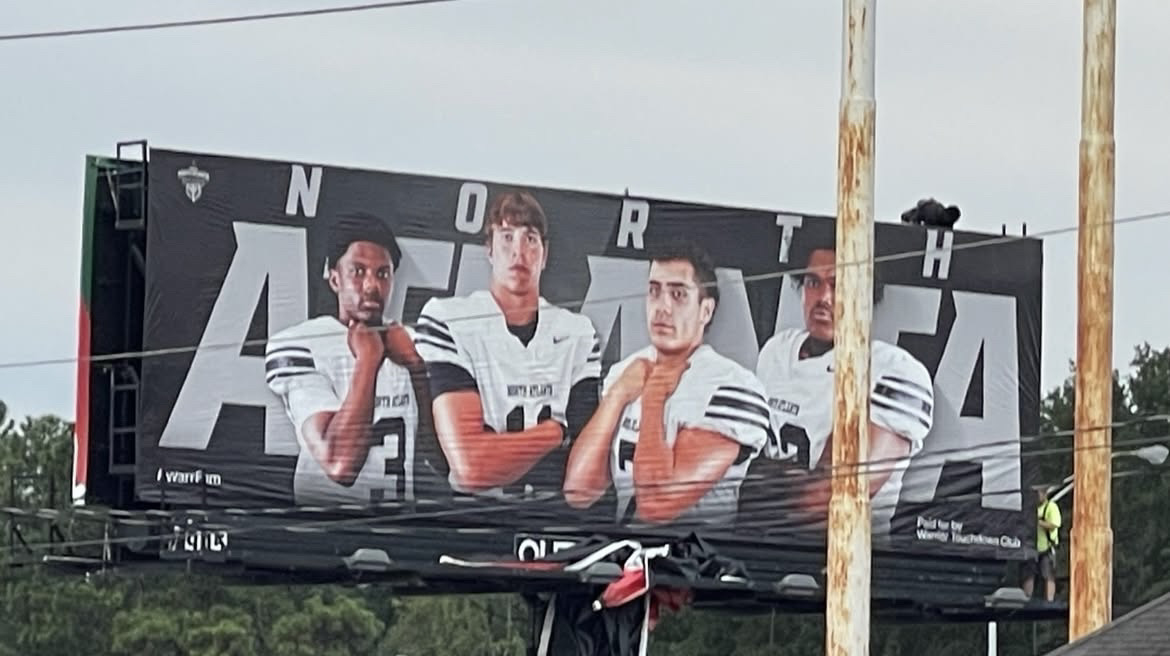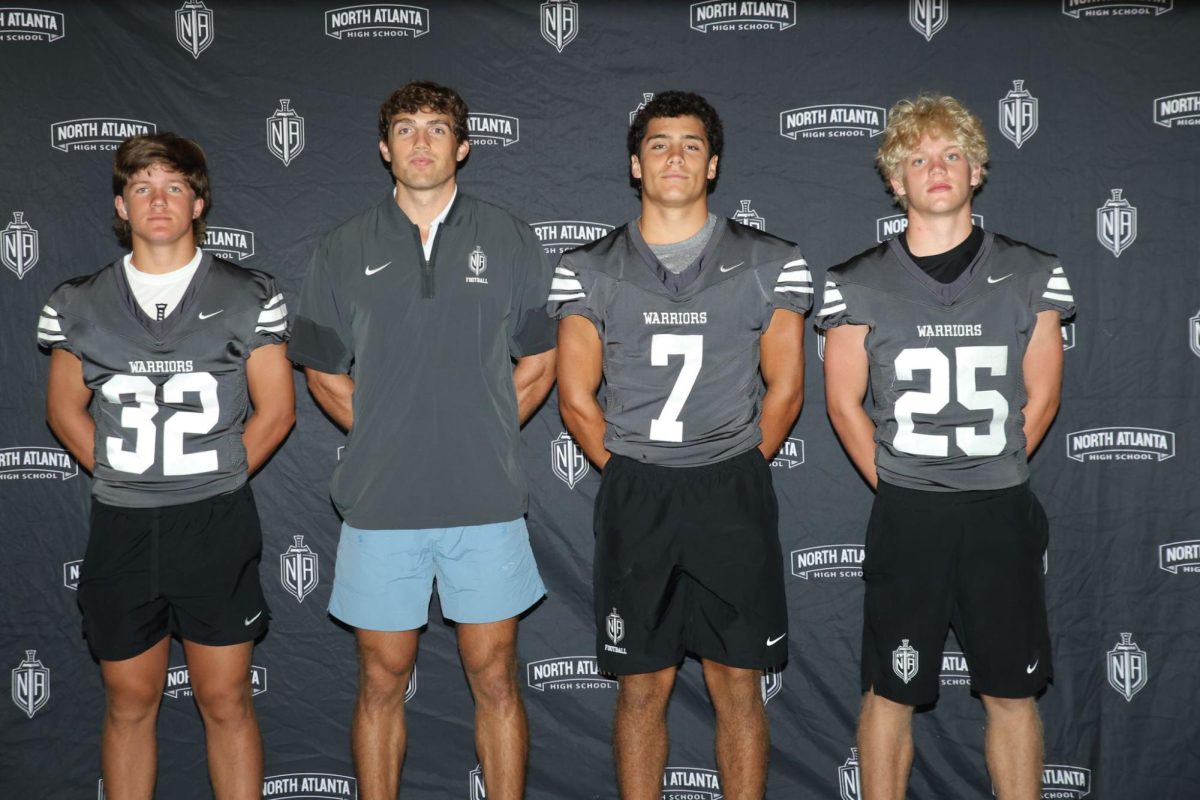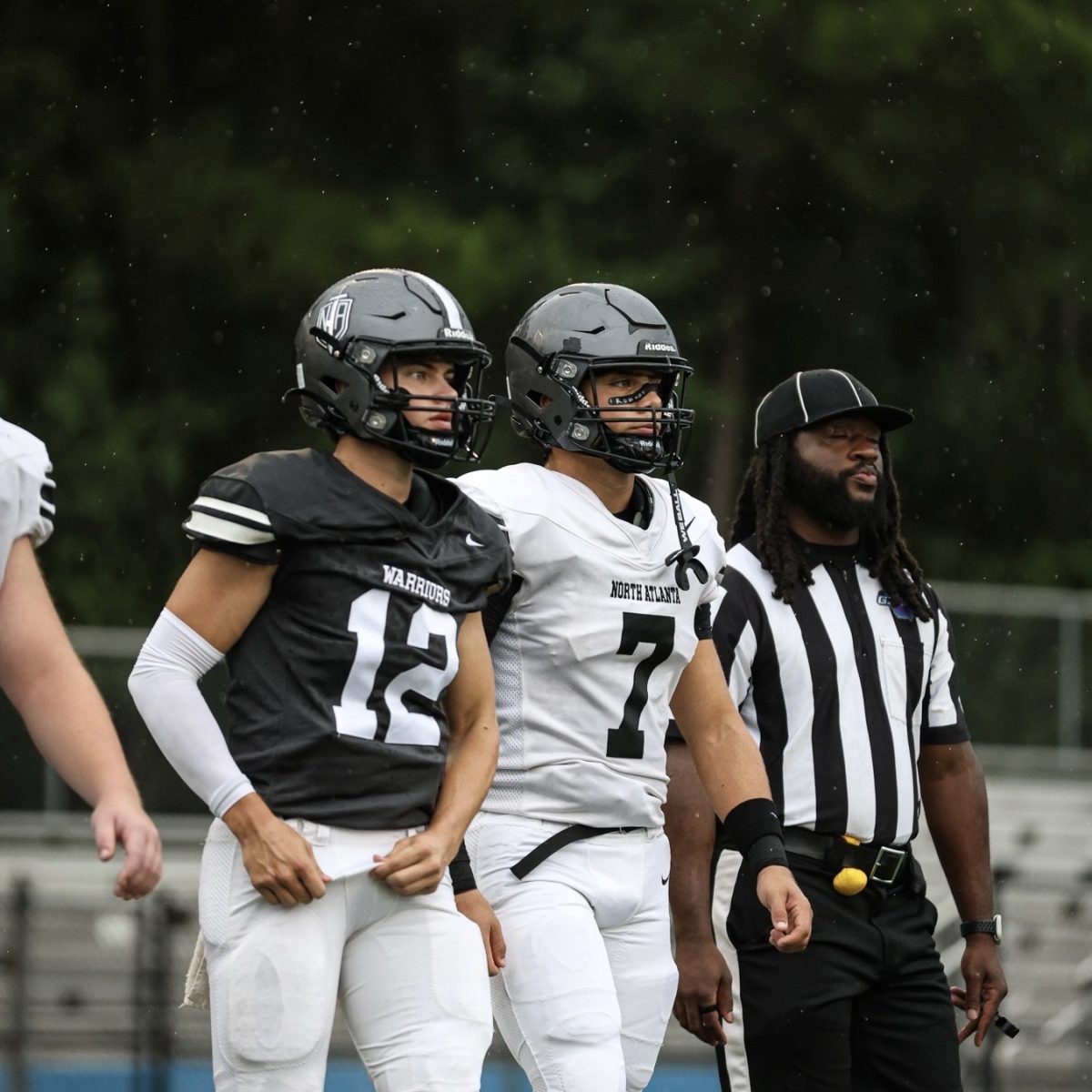In 2013, the MLB implemented a league-altering change to the rulebooks. While it didn’t affect anything on the actual diamond, its effects on the trajectory of professional baseball were massive. The change? Limitless salary cap. This permitted teams to sign players to multi-hundred million dollar deals that often last over a decade. Simply put, this allows big-market organizations like the Dodgers and Yankees to use their immense popularity and funds to their advantage by locking up all the sought-after talent with huge deals. It’s like a baseball monopoly, and it is ruining what we love about the game.
You may be wondering, if this has been a rule since 2013, why bring it up now? The answer to that question involves some of the biggest signings baseball and even sports in general have ever seen, the likes of which include Shohei Ohtani, Aaron Judge, and Corey Seager. Potentially the best player the league has ever seen- Ohtani’s historic contract came just last year, with a deal of 700 million dollars for 10 years, the largest contract in baseball history, as he left the Angels to move less than an hour away to join the Dodgers. Judge’s payday came around the same time, earning himself a 9-year, 360 million dollar contract with the Yankees. Everything’s bigger in Texas, even baseball deals, as Corey Seager sealed a 10-year, 325 million-dollar deal in 2022. In today’s Baseball climate, the best talent goes to the biggest teams.
Forbes lists the top three most valuable baseball teams in America as the Yankees, Dodgers, and Redsox, in that order. These aren’t just teams anymore, they’re full-blown conglomerates. It seems that wealth corresponds with wins as well, with each of these teams’ sporting records well above .500. Furthermore, the Yankees and Dodgers have considerable leads in their respective conferences and the best odds to win it all in October.
While big market teams ride on golden chariots to the top of the power rankings, small market teams struggle to make it out of the slums. The Marlins and Athletics are good examples of this phenomenon, with both sporting records well under .500 and valuations of just above 1 billion, a number considerably low for baseball standards. Some small market teams have managed to climb their way to the top like the Guardians and the Diamondbacks, but it’s a rare occurrence nowadays.
The MLB has made its fair share of hits and misses over the years in terms of changes to the rulebook. The introduction of the limitless salary has been the biggest mistake of them all. Nobody likes a pay-to-win game, and baseball is no exception. Barring change, professional baseball is on a dangerous downward trajectory that could kill America’s favorite pastime.














